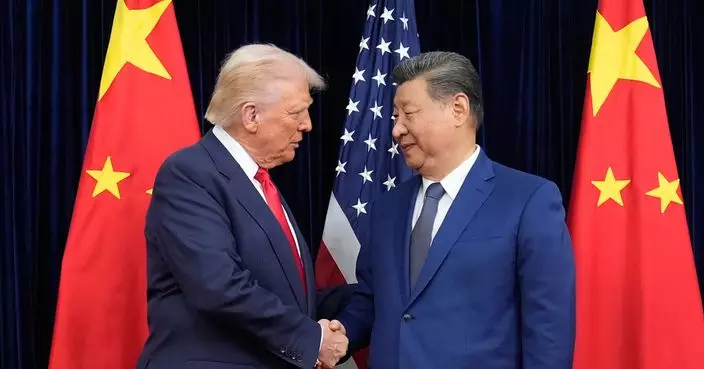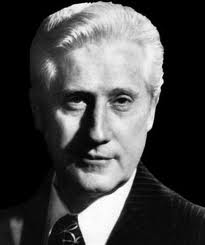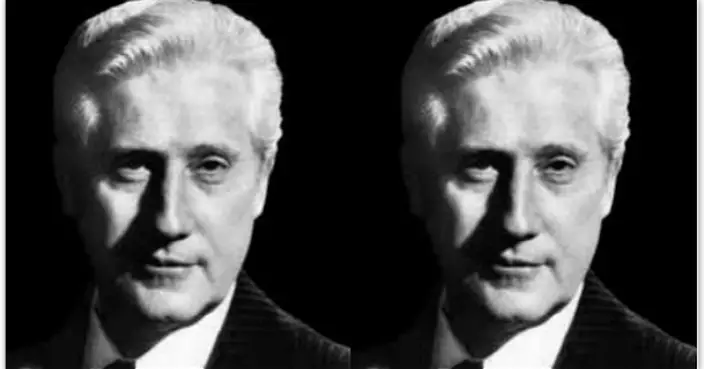In his second term, Donald Trump is doubling down on competition with China across most sectors — except one glaring exception: clean energy. Here, he’s effectively ceded ground to Beijing.
The European edition of Politico reveals the Trump administration’s calculated retreat from the clean energy race, pivoting instead to America’s traditional energy strongholds — oil, natural gas, and coal. This pivot has ignited heated battles within the Republican Party, especially over the "Big Beautiful Bill Act," a legislative effort aimed at dismantling Biden’s clean energy subsidies under the Inflation Reduction Act (IRA).
Trump’s team views China as the undisputed leader in global supply chains for batteries, electric vehicles, solar panels, and wind turbines. Their logic? Pouring more US resources into green tech only fuels China’s rise. This zero-sum mindset marks a sharp departure from Trump’s first term, which embraced a more diversified energy approach. Daniel Simmons, an Energy Department official from Trump’s first administration, bluntly states this government "does not care" about clean energy. Within days of his January inauguration, Trump halted IRA funding via executive order and dismissed Biden’s green investments as a "green scam."
Chris Wright, United States Secretary of Energy, a fossil fuel stalwart and former oil magnate who helped unleash the shale gas revolution through fracking, has doubled down on this fossil-first agenda. Recently, he championed an "Energy Freedom Task Force" in Eastern Europe, urging countries like Poland to lean into fossil fuels and nuclear power. He insists fossil fuels are vital for lifting developing countries out of poverty, and dismisses the climate crisis urgency, arguing, “Nothing in the data shows climate change is the world’s most urgent problem.”
Meanwhile, Chinese clean energy titans BYD and CATL continue to outpace the US technologically. Their breakthroughs, such as EV batteries that can charge in five minutes and deliver 400–500 kilometers, underscore America’s growing lag in clean tech. The Trump administration’s rollback of clean energy subsidies threatens to cost American jobs. The IRA’s incentives could generate roughly 160,000 jobs, especially in Republican strongholds like the Sun Belt and Rust Belt. Former Australian diplomat Thom Woodroofe accuses Trump’s team of deliberately stalling clean energy progress, undermining US employment. Research from Johns Hopkins University warns that scrapping subsidies would collapse the planned $50 billion solar and battery export market by 2030, creating an $80 billion investment void that other countries will fill.
Within the GOP, fractures over the "Big Beautiful Bill Act" are widening. Hardliners push for a full repeal of green subsidies, while moderates worry about the economic fallout in local communities. The Rhodium Group think tank cautions that cutting subsidies could stifle next-gen nuclear and geothermal innovation, eroding America’s technological edge.
The takeaway? The global energy transition demands cooperation, not unilateralism. China has repeatedly reaffirmed its commitment to green transformation, urging developed nations to honour their climate pledges. It warns that protectionism and isolationism only harm shared global interests.
Deep Throat
** The blog article is the sole responsibility of the author and does not represent the position of our company. **
Trump just rolled out another tariff threat, and this time Iran's trading partners are in his crosshairs. On January 12, the US president announced a blanket 25% tariff on any country "doing business" with Tehran.
The international press immediately fixated on China—Iran's biggest trade partner. Reuters warned this could reignite the US–China trade war and shred the fragile truce both sides hammered out last year. But Chinese scholars aren't buying it. They say Trump lacks the nerve to slap Beijing with new tariffs, because China will hit back hard—and make him regret it.

Anti-government protests erupt in Iran. (AP photo)
The Financial Times reported on January 12 that these tariffs—which took effect immediately—could slam China, India, Turkey, Pakistan, the UAE, Brazil, and Iraq. All of them trade heavily with Iran. Russia sealed a new free trade deal with Iran in 2025, making it another potential target.
CNN pointed out the stakes for Beijing. China trades with both Iran and the US, so if Washington applies these tariffs, Chinese goods entering America could see costs spike. The network recalled that after last year's summit in Busan, South Korea, the Chinese and US presidents agreed to pause portions of their tariff war—a temporary truce.
Iran as Flashpoint, Again
Reuters published a piece on January 13 titled "Trump's Iran Tariff Threat Risks Reopening China Rift." The article traced how Iran became a powder keg in US–China relations during Trump's first term (2017–2021).
Back then, Washington tightened sanctions on Tehran and blacklisted Huawei, accusing the Chinese telecom giant of selling tech to Iran. That led to the arrest of Huawei founder Ren Zhengfei's daughter, Meng Wanzhou, in Canada—triggering a diplomatic crisis and sending bilateral tensions through the roof.
Now Trump's targeting Iran again. If he follows through, total US tariffs on Chinese exports could exceed 70%—way higher than the rates both sides agreed to last October when they dialed down their trade fight.
It's still unclear which countries or entities Trump will actually target. He hasn't named China explicitly. But Reuters noted Trump has a track record of making bombastic statements that could upend US foreign policy—only to back off later.

US–China "truce" forged in Busan last year now at risk if Trump's Iran tariffs target Beijing. (AP file photo)
Beijing Calls Trump's Bluff
Wu Xinbo, Dean of Fudan University's School of International Relations, told Reuters that China sees through Trump's posturing. "China will call (Trump's) bluff. I can assure you that Trump has no guts to impose the extra 25% tariffs on China, and if he does, China will retaliate and he will be punished," said Wu.
Another Chinese scholar pushed back on the narrative that China and Iran are economically intertwined, noting that "China and Iran are not as close as in the public imagination".
China Customs data backs that up. Beijing has dramatically reduced imports from Iran in recent years. Through November last year, China imported just 2.9 billion USD worth of Iranian goods—a far cry from the 21 billion USD peak in 2018, during Trump's first presidency.
Some sources claim China's major oil companies stopped doing business with Iran in 2022. Yet China's purchases from Tehran still run into the billions, thanks to independent refiners handling shipments.
China as Convenient Scapegoat
Wang Jin, a researcher at Beijing's Dialogue Think Tank, told reporters that "China is just an excuse, a kind of disguise for the Trump administration, to impose new pressure (on) Iran."
Chinese Foreign Ministry spokesperson Mao Ning responded to Trump's tariff threat on January 13. She stated that China's position on tariffs is crystal clear: tariff wars produce no winners. Beijing will firmly defend its legitimate rights and interests.
Analysts warn that Trump's renewed attempt to cut Iran off from global trade could heighten worries about the Belt and Road Initiative. Iran serves as a strategic hub for Chinese goods heading to the Middle East.
This tariff gambit has cast doubt on Trump's planned April visit to China. Observers had expected him to seal a comprehensive trade deal with Beijing during that trip.
The Wall Street Journal echoed Reuters' concerns, warning that new tariffs on Iran's trading partners could wreck the US–China trade truce.
But Reuters also cited Xu Tianchen, a senior analyst at the Economist Intelligence Unit, who questioned whether Trump's tariff policy is even enforceable. "Last year he announced tariffs related to 'illicit' Russian oil trade, but their implementation was patchy." Xu said.
He went on stating that "Trump is also the kind of person who likes bullying the weak," Xu said. "He should manage his actions to avoid these tariffs escalating into direct confrontation with China".










